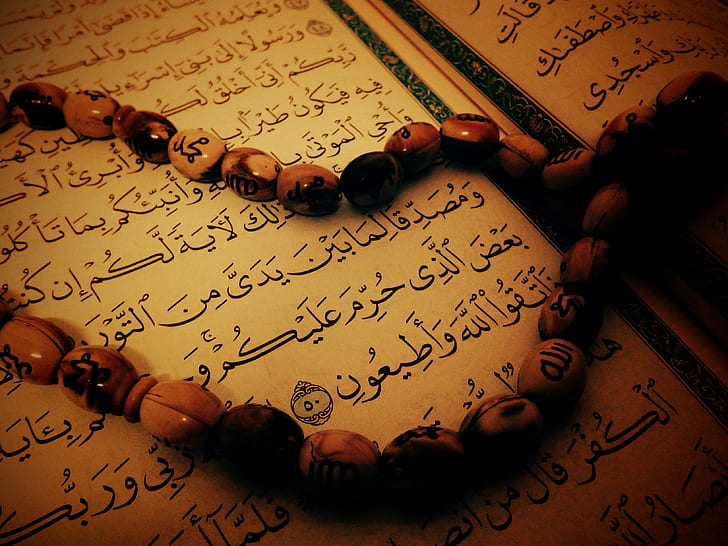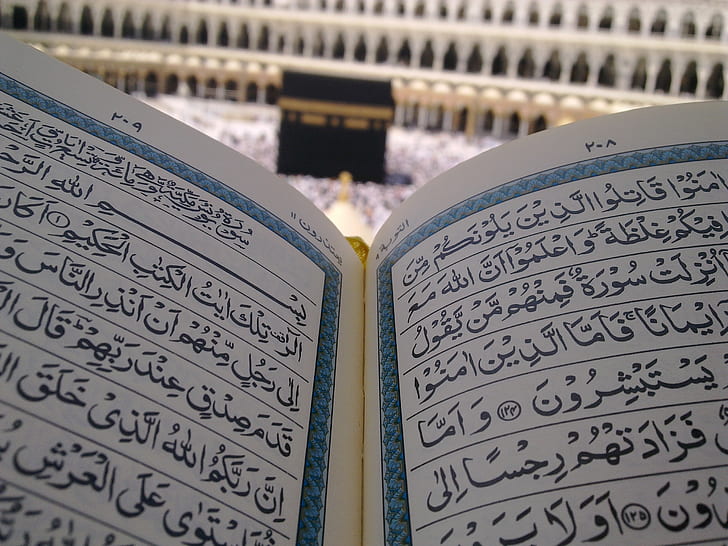When looking for Muslim boys’ names from the Quran, there are numerous beautiful options to choose from. These names hold deep meaning and significance. Some popular choices include Ibrahim, Adam, Yusuf, Noah, and Isa. Each name has its own special qualities and connotations. Consider the meanings and virtues associated with each name to find the perfect one for your child. Remember, it’s important to research the meanings and qualities of names before making a final decision.
Exploring the Muslim boys’ names in the Quran is a fascinating journey into Islamic tradition and culture. These names, inspired by the holy text of the Quran, hold great significance and meaning for Muslims around the world. From powerful prophets to righteous companions, the names in the Quran are deeply valued and cherished. Let’s delve into this rich tapestry of names, discovering their origins and the impact they have on individuals and their communities.
Within the pages of the Quran, there are numerous unique and beautiful names that have been bestowed upon Muslim boys. These names are not only beloved by the Muslim community but also hold immense spiritual and cultural significance. The Quranic names carry a sense of connection to Allah, embodying virtuous qualities and serving as a source of inspiration for those who bear them. From Ibrahim (Abraham) to Yusuf (Joseph), each name carries a story of faith and righteousness, reminding individuals of the values they strive for in their lives.
The Quranic names for Muslim boys have a rich historical background, dating back to the time of Prophet Muhammad (peace be upon him) and his companions. These names have endured through generations, representing a link to the past and a connection to the divine. In fact, the popularity of Quranic names is on the rise not only among Muslims but also in multicultural societies, as parents appreciate the timeless beauty and the profound meaning behind these names. Offering a solution to the search for meaningful names, the Quranic names provide a sense of identity and purpose, instilling virtues and aspirations in the hearts of young boys and their families.

Exploring Muslim Boys Names in the Quran
The Quran is a sacred text in Islam that contains the teachings and revelations of Allah. It is highly revered by Muslims around the world and serves as a comprehensive guide for their spiritual and moral well-being. In addition to its spiritual significance, the Quran is also a valuable resource for Muslim parents who are seeking meaningful and significant names for their newborn boys. The Quran offers a wide array of beautiful and meaningful names that carry profound spiritual and cultural significance.
When choosing a name for their baby boy, many Muslim parents turn to the Quran for inspiration. They believe that giving their child a name from the Quran will not only bestow blessings upon their child but also connect them to their religious heritage. The Quranic names for boys are often rich in meaning and symbolism, reflecting the values and teachings of Islam. These names are not only beautiful but also carry a sense of responsibility and purpose, reminding the child of their connection to God and the importance of leading a righteous life.
If you are looking for a meaningful Muslim boys name in the Quran, you can explore a comprehensive list of names at this website. This resource provides a diverse range of Quranic names for boys, along with their meanings and origins. It can help you find the perfect name that resonates with your faith and values. Whether you are looking for a name that emphasizes strength, wisdom, or humility, the Quranic names offer a multitude of options to choose from.

Frequently Asked Questions
In this section, we will answer some common questions related to Muslim boys’ names in the Quran.
1. What are the significance and importance of Muslim boys’ names in the Quran?
The names given to Muslim boys, particularly those derived from the Quran, hold great significance and importance in Islam. These names are believed to have a spiritual and symbolic connection to the teachings of the Quran and the values promoted in Islam. They not only identify individuals but also serve as a constant reminder of their faith and purpose in life. Muslim boys’ names in the Quran often embody virtues such as faith, righteousness, wisdom, and strength, which parents hope their children will acquire and embody in their lives.
Moreover, choosing a name from the Quran reflects the parents’ desire to raise their child with Islamic values and traditions. It is seen as a way of honoring and seeking blessings from Allah, as the names mentioned in the Quran are believed to carry divine qualities and blessings. Muslim boys’ names in the Quran also create a sense of unity within the Muslim community, as they are shared across different cultures and languages, strengthening the bond among believers.
2. Are there any specific guidelines for choosing Muslim boys’ names from the Quran?
While there are no strict rules or guidelines for choosing Muslim boys’ names from the Quran, there are some recommendations and practices followed by Muslims. It is recommended to select names that have a positive meaning and reflect the aspirations and ideals of Islam, such as names related to faith, gratitude, kindness, and justice.
Another common practice is to choose names from the “Asma ul Husna,” the 99 beautiful names of Allah mentioned in the Quran. These names are considered sacred and carry divine attributes. Some parents also prefer to choose names of prophets, companions of the Prophet Muhammad, or prominent figures from Islamic history.
It is important to consult with Islamic scholars or knowledgeable individuals to ensure the chosen name is appropriate and carries a positive connotation. Additionally, considering cultural traditions and family customs while selecting a name can provide a personal touch to the process.
3. Are there any famous Muslim boys’ names from the Quran?
Yes, there are several famous Muslim boys’ names mentioned in the Quran that have been widely used by Muslims around the world. Some examples include:
- Muhammad: The name of the last and final prophet of Islam, highly popular and widely used.
- Ali: The name of the cousin and son-in-law of the Prophet Muhammad, known for his bravery and wisdom.
- Ibrahim: The name of the prophet Abraham, revered as a symbol of faith and obedience.
- Isa: The Arabic name for Jesus, recognized as a prophet in Islam.
- Yusuf: The name of the prophet Joseph, known for his righteousness and forgiveness.
These names, among many others, have rich historical and religious significance and are highly cherished among Muslims.
4. How can parents find suitable Muslim boys’ names from the Quran?
There are various resources available to assist parents in finding suitable Muslim boys’ names from the Quran:
- Quranic Names Books: There are numerous books written specifically to provide a comprehensive list of Muslim boys’ names from the Quran, along with their meanings and references.
- Online Databases: Websites and online platforms offer extensive databases and search tools where parents can find a wide range of Quranic names for boys, often categorized by meaning and origin.
- Consulting Scholars or Imams: Islamic scholars and local imams can provide guidance and suggestions based on their knowledge and expertise.
- Family and Community: Seeking suggestions and recommendations from family members, friends, and the Muslim community can help in finding meaningful names and considering cultural traditions.
Parents should carefully consider the meanings, pronunciation, and cultural relevance of the names they choose, ensuring they align with their values and aspirations for their child.
5. Can non-Muslim parents choose Muslim boys’ names from the Quran?
Yes, non-Muslim parents can choose Muslim boys’ names from the Quran if they have an appreciation for Islamic teachings and values. Just like
The Quran is a holy book for Muslims and provides guidance on various aspects of life, including naming children. In the Quran, there are numerous names for boys that carry deep meanings and significance.
Some popular Muslim boys’ names from the Quran include Adam, Noah, Ibrahim, Yusuf, Musa, Isa, and Muhammad. These names have been cherished by Muslims for centuries and hold spiritual and cultural significance. They reflect attributes such as faith, wisdom, and righteousness.